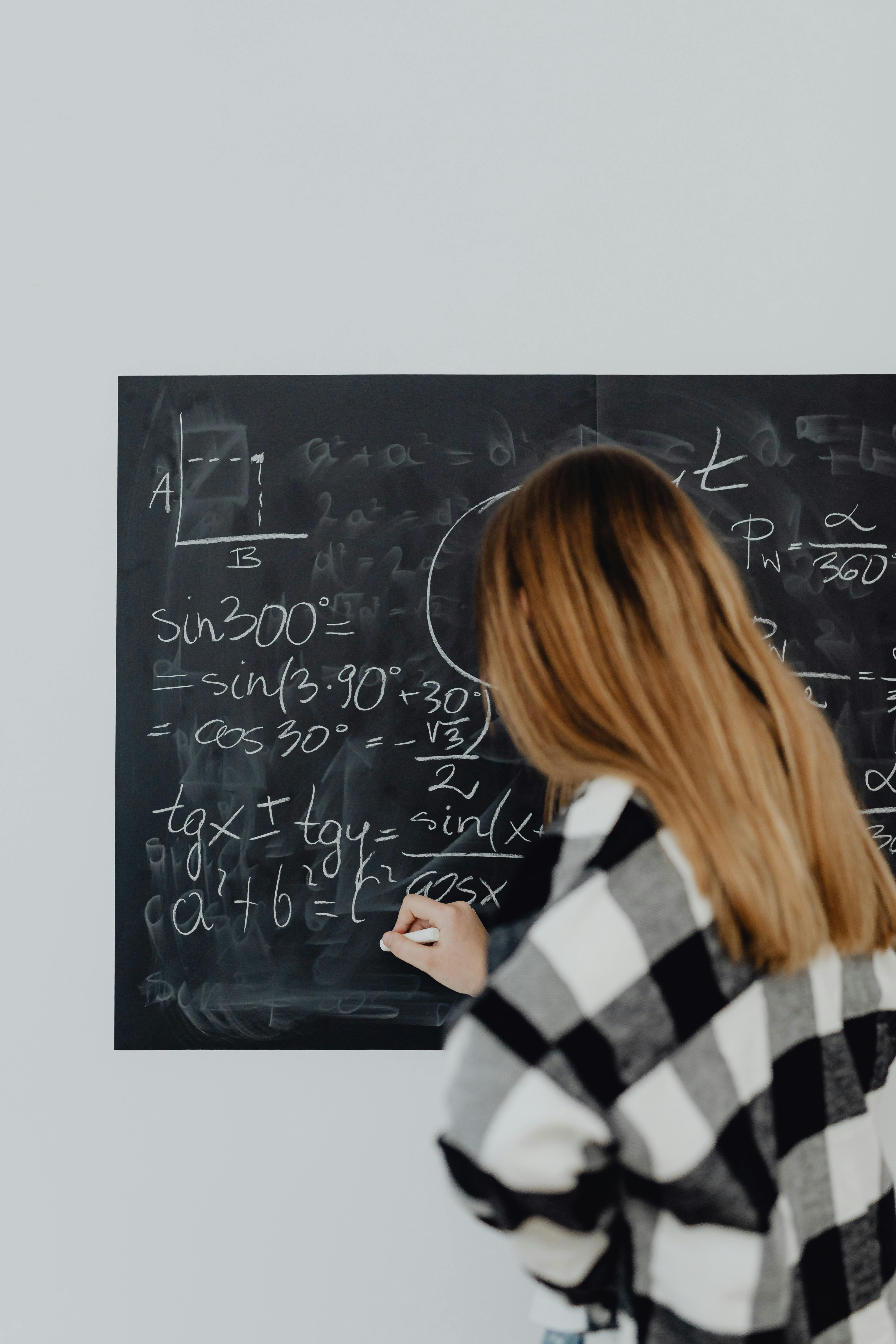
There exists a prevalent misconception among students that preparing for Olympiads is unnecessary, inadvertently perpetuated by organisers emphasising that in-depth knowledge isn't a prerequisite for participation.
Experience has shown that while this might be true in the initial stages, especially in school-level Olympiads. For example, in the school stages of competitions you can actually perform successfully without additional preparation. However, Olympiad content may diverge from conventional school curricula, and seemingly familiar topics can present challenges due to unique phrasing.
Dive into problems from past years' Olympiads. This practice not only serves as valuable training but also provides insight into the nature of upcoming challenges.
Review your solutions against answer keys, either independently or with a teacher's guidance. Schools are invested in their students' success, enhancing both the individual's achievements and the institution's prestige.
Regardless of your goals, studying past papers is an accessible and effective way to prepare for Olympiads, fostering curiosity and a desire to excel.
Consult the recommendations of Olympiad coaches for self-training.
Each subject's section includes curated lists of educational materials, manuals, reference books, and academic articles. This resource helps bridge gaps in theoretical knowledge.
Explore video lessons, such as lectures, task analyses, and seminars, available on Olympiad websites. Some organizers post video analyses conducted by task compilers or jury members.
While self-preparation is crucial, don't underestimate the value of classes with experienced teachers. Seek out teachers invested in your success, leading clubs or additional classes specifically tailored for Olympiad preparation.
Beyond subject-specific courses, these classes offer useful materials, clear analyses of past assignments, and selections of new problems.
Even if you have a primary goal, engaging in multiple Olympiads isn't time wasted—it's additional training. Dealing with diverse tasks, gaining experience in tour behaviour, honing concentration, and refining time management are crucial elements of preparation that regular classes may not fully address.
Joint training enhances productivity and enjoyment. Seasoned Olympiad participants willingly share their experiences with beginners, offering valuable insights into the structure and nuances of Olympiad life. The Olympic community is one of the most amicable in the academic world.
Remember, peers are not direct competitors. Olympiad success stems from conquering challenges, not each other. Participate and achieve success together.

Ask about our courses and offerings, and we will help you choose what works best for you.